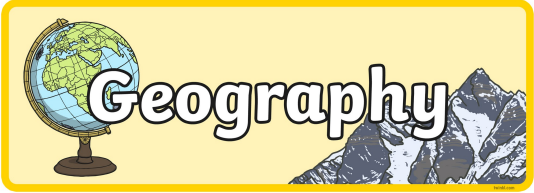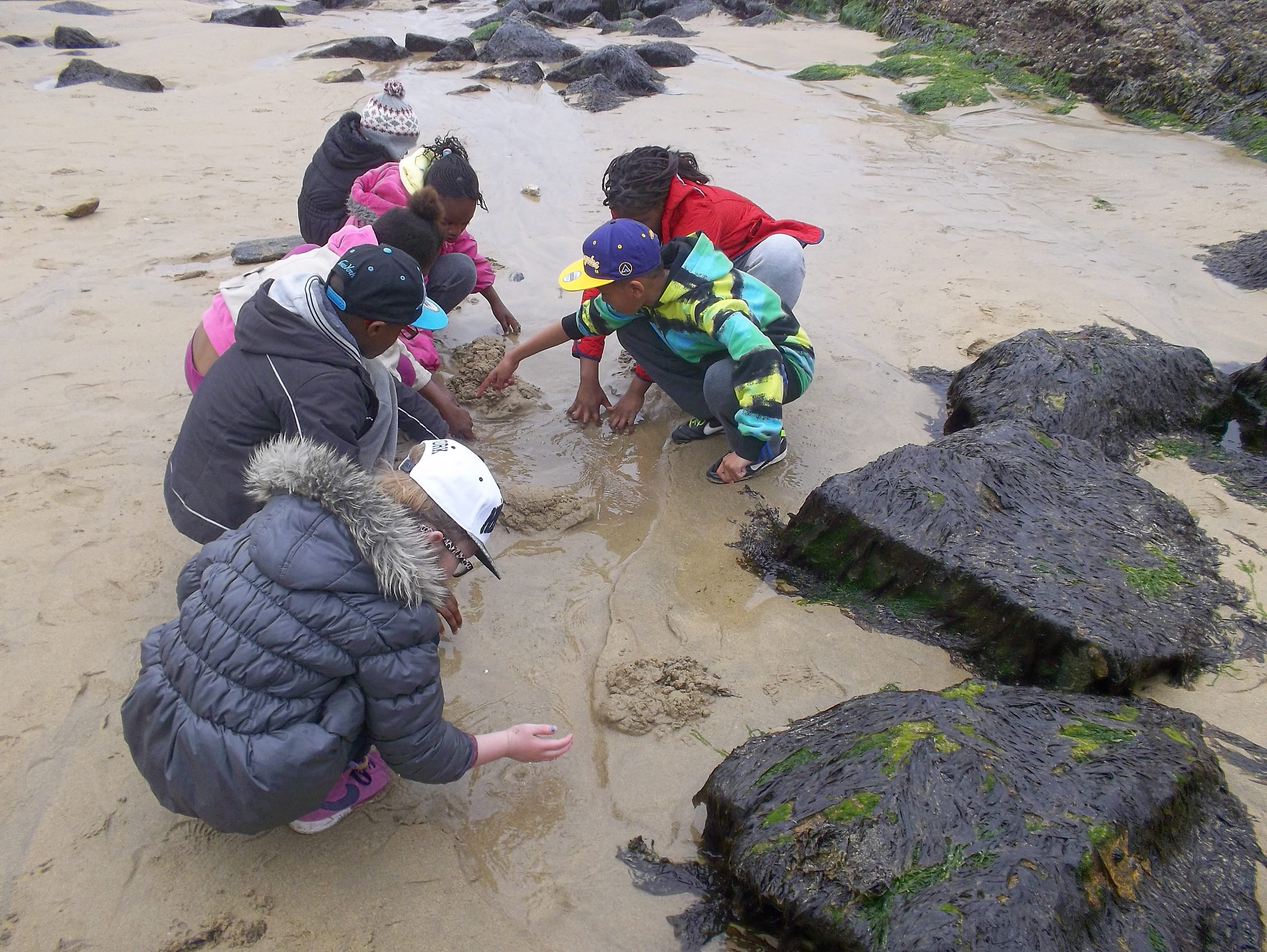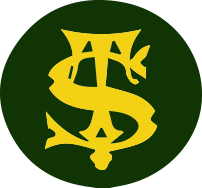Geography

“The one who concentrates his mind on the law of the most high, he researches into the Wisdom of all the ancients”
Sirach 39.1

At St. Thomas of Canterbury, we believe that Geography helps to provoke and answer questions about the natural and human worlds, encouraging children to develop a greater understanding of their world and their place in it. It helps to develop a range of investigation and problem-solving skills that are transferable to other curriculum areas and which can be used to promote children’s spiritual, moral, social and cultural development. Geography is, by nature an investigative subject, which develops an understanding of concepts, knowledge and skills.
We seek to inspire in children a curiosity and fascination about the world and its people which will remain with them for the rest of their lives; to promote children’s interest and understanding about diverse places, people, resources and natural and human environments, together with a deep understanding of the Earth’s key physical and human processes.
Our curriculum is designed to provide our children with the subject specific language they need to describe, question and discuss the world, as well as their place in it.
Our pupils are encouraged to recognise that they have a voice and to use it confidently to debate topics that they feel passionate about. We aim to produce well- rounded individuals by providing our children with opportunities to expand their cultural capital and experiences of the world.

Geography is taught once a term for a half term. It is taught using imaginative and creative approaches.
- Atlases, maps and globes are used when teaching about location and place.
- Internet mapping sources are used such as Google Earth and digimaps.
- Most geography suits include a short fieldtrip to see what has been taught in the classroom in a real place.
- Each lesson will start with a recap so that children will remember key facts.
Geography lessons always begin with our Flashback Four where we focus on revisiting key information and learning from last lesson, last term, last topic and last year. This continuous revisiting helps the children to retain key geographical learning and vocabulary. This is then followed by the introduction of new learning that is linked to the key question of that lesson. The children will then have to complete an activity based on this new learning, such as, using an atlas to plot cities or countries on a map or creating information maps or cartoon strips to show their understanding.
Field trips
- All classes will complete at least one geography field trip per year, with some year groups doing more.
- A field trip is a way of showing the children what they have learnt in class in a real situation. This always helps them remember the concepts they have learnt and deepens the concepts.
- The biggest field trip is in year 6 when the children go on an overnight (either 1 or 2 nights) trip to a different part of the UK. In the past this has been to Wales, Derbyshire or Cumbria. On this the children use Ordnance Survey maps to find their way around and study physical features of the landscape. This prepares them for the way geography is taught at high school.

The key concepts in Geography are:
- Interconnections
Refers to the nature and significance between features, places, events and people. It enables recognition and appreciation of interdependence, locally, regionally or globally, whether ecological or socially generated.
- Place
Refers to what is in places and what happens there, ways places change and develop, how we conceive of and respond to places and whether we prefer them to stay the same or evolve.
- Climate
This provides a context to why different parts of the world have developed in the way they have. Climate shows the relationship between physical and social boundaries. Climate zones will have distinctive weather patterns and will aid to development of distinct biomes.
- Scale
Provides the lens to look at the world, from very small sites to local, regional, national, continental and oceanic areas, to the whole world. Scale enables many relationships to be identified and wide-ranging patterns and connections to be recognised. This supports the understanding environmental and place processes.
- Environmental Impact
Examines both human impact and sustainability. Observes the quality, management and care of environments, places and lives. It considers the responsible and explorative uses of Earth’s resources alongside responses to the degrading of natural and modified environments and damage to people’s lives. It considers ways to improve people’s futures and Earth and the ethics of doing so.
The four key skills in Geography are:
- Use of maps,
- Meaning with vocabulary
- Making sense through graphicacy (this is the ability to understand and present information in the form of sketches, photographs, diagrams, maps, plans, charts, graphs and other non-textual formats).
- Making learning real through fieldwork and the outdoors.

Reading
Children are exposed to lots of new language in Geography; they need to understand what the vocabulary means and how to apply it to their geographical knowledge. Subject specific vocabulary is built upon each year so that children are continuously progressing and being challenged. Teachers make excellent use of Salford City Council’s well-resourced library service, borrowing high quality texts linked to their Geography topics, for children to read for pleasure
Inclusion
All children throughout the school take part in Geography lessons. Lessons are structured in a way so that they are accessible for children of all abilities and lessons will always be adapted for those who need it.
- Adult and peer support is often used to ensure that all children can access all learning.
- Opportunity to revisit prior learning through Geography Flashback Fours so repetition and questioning are used at the beginning of each lesson.
- Pre-teaching new vocabulary to ensure firm understanding in lessons.
- Personalised objectives and scaffolding used.
Character Development
Geography allows all children to try to make sense of the world around them and encourage their curiosity in places and people. It connects us to not just those in our local area, but also to places that they may never have seen or heard of before. Our Geography skills is progressive as well as ambitious, encouraging children to be challenge their knowledge and pre-conceptions. Through Geography, all children will be able to approach aspects of their daily life using their geographical knowledge, whether it is navigating through the local area with understanding of landmarks and physical features or discussing changes in the world with reference to both Human and Physical Geography.





- Children can use an online version of a map-google maps/bing maps. Bing maps is useful in that it lets you use OS maps as well as street views.
- Let the children explore the world using Google Earth. This is a free to use program and is fascinating. for children and adults alike.
- Go for walks in the local area and point out geographical features. This could be as simple as looking at different types of shops(land use), spotting post boxes or knowing where the local park is. A great game to play is asking them to close their eyes and ask them to describe how to get somewhere familiar.
- Have an atlas at home.
- When you go on a journey, look at a map of the route beforehand.
- If they are interested in football, find the location of the teams that their favourite team is playing. This can be extended to Europe, if you are lucky.
- Look at food labels and find out where food comes from.
Our Knowledge Organisers have all the key knowledge and vocabulary taught in each topic.
- KO Year 1 Continents and Oceans pdf.pdf
- KO Year 1 Our Place in the World (Local Area) pdf.pdf
- KO Year 1 Weather pdf.pdf
- KO Year 2 Autumn - The UK.docx
- KO Year 2 Spring - Chembakolli.docx
- KO Year 2 Summer - Hot and Cold Places.docx
- KO Year 3 Autumn - The UK.docx
- KO Year 3 Spring - The North West.docx
- KO Year 3 Summer - Biomes of the World.docx
- KO Year 4 Autumn - How can we divide the world up.docx
- KO Year 4 Spring - France.docx
- KO Year 5 Autumn - The Americas.docx
- KO Year 5 Spring - The Amazon Basin.docx
- KO Year 5 Summer - Rivers.pdf
- KO Year 6 Autumn - Where in Europe.pub

